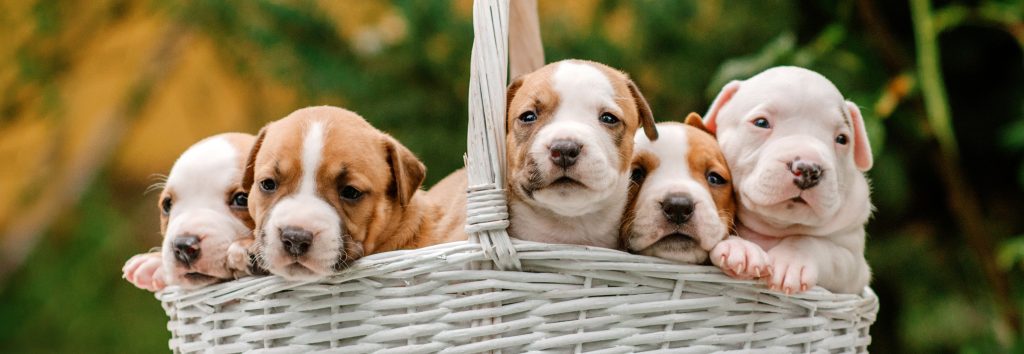A SAFE HOME FOR YOUR FUR BABY
PETS – JANUARY 17, 2022

When you become a parent and your child starts to get older, new parents know that you have to start “baby-proofing” your house. New parents will go around the home, happily securing cabinet doors, putting up gates to prevent children from failing down the stairs, and just generally making sure that their new little person can start exploring their home without injuring themselves.
However, as much as we take care of our human children, we need to “pet-proof” our homes for our fur babies too. Chocolate of course is the most well-known danger to dogs and cats because according to the FDA, chocolate contains theobromine, a compound in the same family as caffeine and in certain qualities, that compound is toxic to dogs.
Read below for more things that you might not know are toxic to your fur babies.
- Alcoholic drinks and food products containing alcohol
- Avocado (only mildly toxic to dogs and cats, but can be severely toxic, even deadly, to birds, rabbits, horses, and ruminants such as cattle, goats, and sheep)
- Caffeine (found in a lot of drinks such as coffee, tea, soda, and energy drinks)
- Chocolate
- Fatty foods
- Garlic
- Grapes and raisins
- Macadamia nuts
- Marijuana
- Medicine intended for people or another pet, unless directed by your veterinarian
- Onions
- Salt
- Tobacco products (including e-cigarettes and their refills)
- Xylitol (a sweetener found in products such as some sugar-free chewing gum, sugar-free candy, cough syrup, mouthwash, and toothpaste)
- Yeast products (like raw bread dough)
Not all dangers to your pet are edible unfortunately. Some non-edible things in your house that could still pose a risk include:
- Antifreeze
- Cocoa mulch
- Fabric softener sheets
- Ice melting products
- Insecticides and pesticides (even flea and tick products for dogs can be dangerous, or possibly life-threatening, if used on cats or other animals)
- Lawn fertilizers and weed killers
- Liquid potpourri
- Mothballs
- Paints and solvents
- Rat and mouse bait
- Various household cleaners (including bleach and toilet bowl cleaners)
- Swimming pool chemicals
- Salt dough Christmas tree ornaments and play dough
Therefore, what do you do if you think that your pet has ingested something dangerous? Vets say acting quickly is the most important thing to do. Call your vet right away or your local pet poison control center. For more information, read more here.


This is a topic that’s near to my heart… Best wishes!
Where are your contact details though?